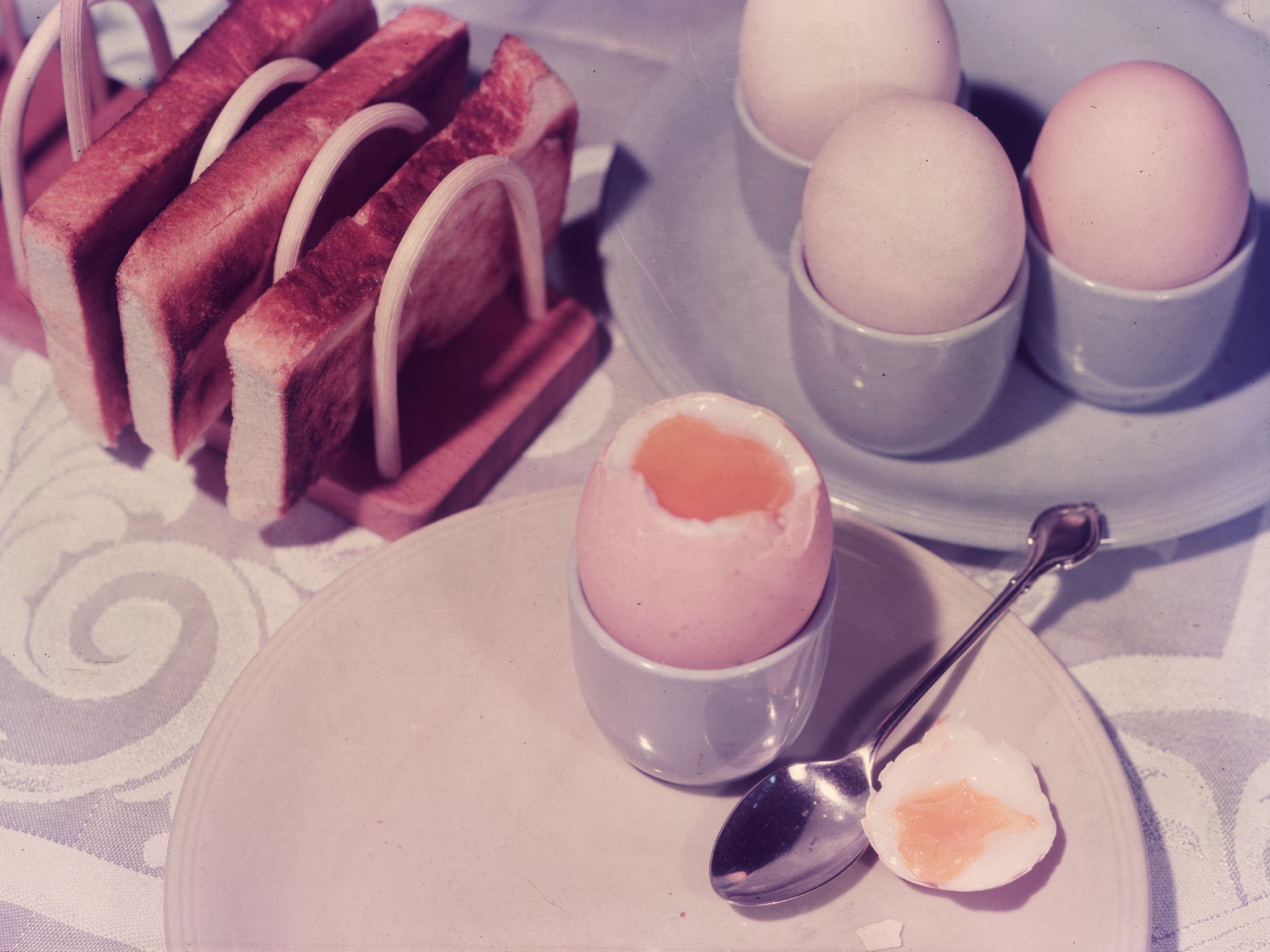Machine that unboils eggs now being used to improve cancer treatment
'Vortex fluidic device’ was invented by Australian scientist during a flight

A machine that can be used to uncook eggs is now being used to dramatically improve the effectiveness of a cancer treatment.
The device can rip things apart with great accuracy, allowing it to separate the proteins of a boiled egg and take it back to how it was before it was cooked. But the same technique could be used to improve the efficacy of cancer drugs, as well as many other research applications.
Using the invention on carboplatin — a common cancer treatment drug, used against ovarian and lung cancers — has boosted the potency by almost five times.
The machine, known as a “vortex fluidic device”, was invented during a flight between Los Angeles and Sydney.
"The design was actually put together on that 15-hour flight and the rest is history," Colin Raston, the Australian who invented it, told ABC News. "We now have these devices that are delivering stunning results."
The tool can be used to take away the wastage in a drug, meaning that you need less of it to do the same work. That can reduce the side effects, making treatment less difficult for patients, and could mean that the drugs treat tumours much more effectively.
As well as helping with treatment, the tool could cut down the wastage created during the process of making drugs. That could make the pharmaceutical much more sustainable and reduce their impact on the environment.
More of the devices are being made, reports ABC News, and will be sent to other researchers in Australia and elsewhere. Soon after that, the devices could start being sold worldwide — Flinders University, where it was created, has already formed a company to sell the devices.
"There are 10,000 universities in the world and this has got applications in chemistry, engineering, biology, medicine, so there's a lot of potential there and that's just for research purposes,” Raston told ABC News.
Join our commenting forum
Join thought-provoking conversations, follow other Independent readers and see their replies
Comments
Bookmark popover
Removed from bookmarks